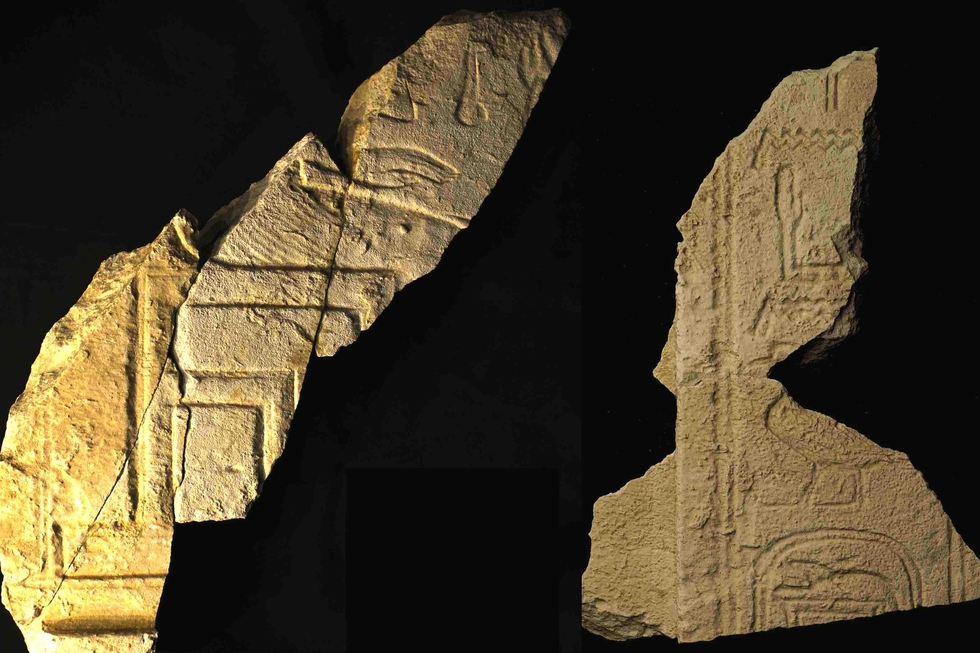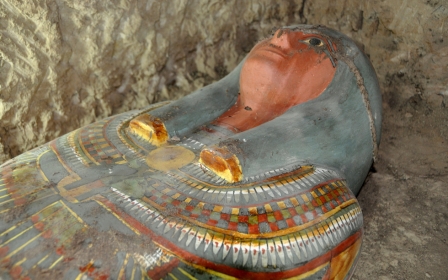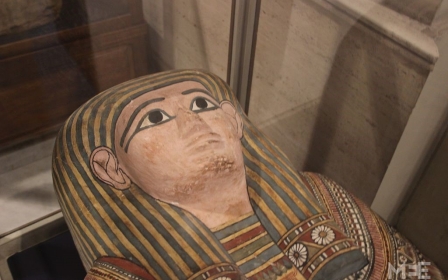Egypt uncovers ruins and graveyard of 7,000-year-old city

Archaeologists have uncovered an ancient Egyptian city and graveyard dating back to about 5300 BC, the antiquities ministry said.
The city and graveyard - likely home to senior functionaries and grave builders - was discovered about 400m from the Temple of Seti I in the ancient city of Abydos in southern Egypt, said antiquities minister Mahmoud Afifi.
It is believed to date back to 5316 BC.
Excavators found huts, pottery and stone instruments, Afifi said on Wednesday.
They also discovered 15 large graves - some of them even larger than royal graves in Abydos - suggesting they housed the bodies of important figures.
"This discovery can shed light on a lot of information on the history of Abydos," a ministry statement quoted Afifi as saying.
The city of Abydos, founded by predynastic rulers, is famed for its temples such as that of Seti I and its graves.
The Egypt Independent quoted Egyptian officials as saying the the discovery was made by an archaeological mission from the antiquities ministry, and not a foreign group.
This article is available in French on Middle East Eye French edition.
Middle East Eye propose une couverture et une analyse indépendantes et incomparables du Moyen-Orient, de l’Afrique du Nord et d’autres régions du monde. Pour en savoir plus sur la reprise de ce contenu et les frais qui s’appliquent, veuillez remplir ce formulaire [en anglais]. Pour en savoir plus sur MEE, cliquez ici [en anglais].




